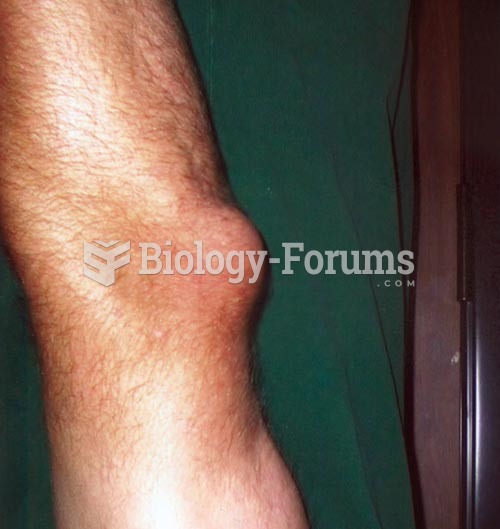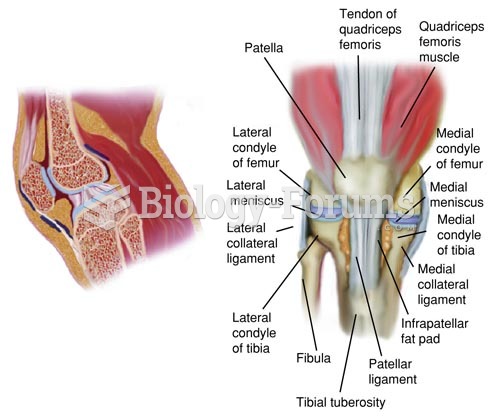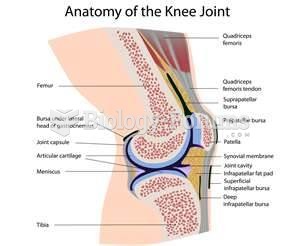|
|
|
Anti-aging claims should not ever be believed. There is no supplement, medication, or any other substance that has been proven to slow or stop the aging process.
There are over 65,000 known species of protozoa. About 10,000 species are parasitic.
In the United States, an estimated 50 million unnecessary antibiotics are prescribed for viral respiratory infections.
The average office desk has 400 times more bacteria on it than a toilet.
The use of salicylates dates back 2,500 years to Hippocrates's recommendation of willow bark (from which a salicylate is derived) as an aid to the pains of childbirth. However, overdosage of salicylates can harm body fluids, electrolytes, the CNS, the GI tract, the ears, the lungs, the blood, the liver, and the kidneys and cause coma or death.







